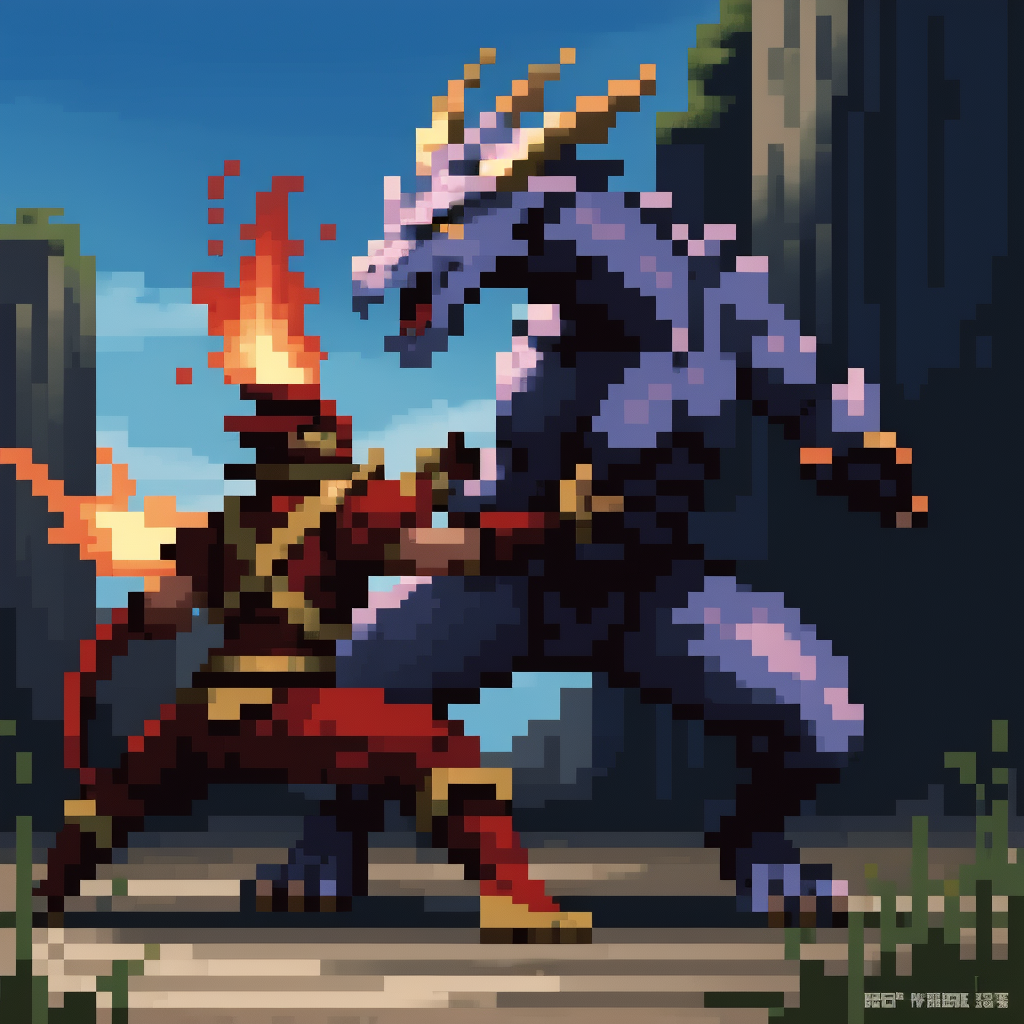All game mechanics from Chou
Social Media game mechanics only
Hover over the mechanics to see more details
Mechanics I found used on Social Media have blue titles and further details

Appointment Dynamics

Narrative

Beginner's Luck

Free Lunch

Virtual Goods

Elitism

Anchored Juxtaposition

Humanity Hero

Magnetic Caps

Achievement Symbols

Leaderboards

Moats

Progress Bars

Step-by-step Tutorial

Torture Breaks

Boss Fights

Last Mile Drive

Anticipation Parade

High Five

Dangling

Crowning

Evolved UI

Desert Oasis

The Rockstar Effect

Plant Picker/Meaningful Choices

Dynamic Feedback

Milestone Unlock

Boosters

Trophy Shelves

Poison Picker/Choice Perception

Creative Counters

Social Treasures/Gifting
Avatar

Social Prods

Prize Pacing/Collection Sets

Monitor Attachment

Build-From-Scratch

Exchangeable Points

Mentorship

Alfred Effect

Brag Buttons

Friendship Loop

Glowing Choice

Sudden Rewards/Easter Eggs

Sudden Tips

Conformity Anchor

MiniQuests

Pure Mischief

Oracle Effect

Random Rewards/Mystery Boxes

Refreshing Content

Water Coolers

Rolling Rewards/Lottery

Thank-You Economy

Suspense

Group Quests

Obvious Wonder

Protector Quest

Rightful Heritage

Visual Grave

Status Points

Weep Tune

The Sunk Cost Prison

Countdown Timers

Progress Loss

Scarlet Letter

FOMO Punch

Status Quo Sloth

Evanescent Opportunities

Chain Combos

Daily Catch

Bandwagon Streak

Daily Tipper

Bootleg Quest
Noteworthy Implementations
Perhaps the most successful implementation of gamification in social media is Facebook. Facebook has successfully implemented a variety of gamification mechanics to encourage user engagement and interaction. The platform uses status points, group quests, and mentorship to encourage users to contribute to the site, work together to complete tasks, and onboard new users. Facebook also uses social prods and social treasures/gifting to encourage users to interact with each other and support each other's contributions. The platform also uses trophy shelves to encourage users to showcase their achievements and milestones to their social network. Lastly, Facebook uses appointment dynamics to establish a habit of regular engagement by notifying users of upcoming events, live streams, or content releases to create anticipation and encourage participation. These mechanics have contributed to Facebook's success in maintaining user engagement and retention, and have helped the platform become one of the most popular social media sites in the world.
One example of a failed implementation of gamification in social media is Google+. Google+ attempted to use status points and group quests to encourage users to contribute to the site and work together to complete tasks. However, the platform failed to gain significant traction and was eventually shut down due to low user engagement and adoption. The mechanics used on Google+ were not effective in encouraging user interaction and participation, and the platform was unable to compete with other social media sites like Facebook and Twitter. As a result, Google+ was considered a failure in the realm of social media gamification.
An innovative example of gamification in social media is TikTok. TikTok has successfully implemented a variety of gamification mechanics to encourage user engagement and participation. The platform's biggest innovation was its discovery algorithm, which utilized the Dangling mechanic and gave users a stronger drive of higher meaning and calling — by knowing that they always have the chance to go viral due to a meritocritous discovery/promotion system. Furthermore, The platform uses status points, group quests, and mentorship to encourage users to contribute to the site, work together to complete tasks, and onboard new users. TikTok also uses social prods and social treasures/gifting to encourage users to interact with each other and support each other's contributions. The platform also uses appointment dynamics to establish a habit of regular engagement by notifying users of upcoming events, live streams, or content releases to create anticipation and encourage participation. These mechanics have contributed to TikTok's success in maintaining user engagement and retention, and have helped the platform become one of the most popular social media apps in the world.
Beyond the Immediate Scope
Gamification in social media has the potential to significantly impact user engagement and retention. By implementing gamification mechanics, social media platforms can encourage users to contribute to the site, work together to complete tasks, and onboard new users. These mechanics can also foster a sense of community and shared purpose, and create a feedback loop that triggers intrinsic motivations to participate in generating content. Additionally, gamification can create a sense of ownership and investment in the platform, and stimulate social interactions between different user types. Overall, the implication of gamification in social media is that it has the potential to enhance user engagement, retention, and satisfaction, and to foster a strong sense of community and shared purpose among users.
Morality and ethics are subjective and can vary based on cultural, religious, and personal beliefs. However, gamification in social media can raise ethical concerns related to user privacy, data security, and psychological manipulation. For example, the use of gamification mechanics to encourage users to share personal information or engage in specific behaviors could raise concerns about privacy and data security. Additionally, the use of gamification to manipulate user behavior or create addictive experiences could raise concerns about psychological well-being and mental health. It is important for social media platforms to consider the ethical implications of gamification and to prioritize user well-being and safety in their design and implementation of gamification mechanics.
Given the difficulty of defining morality, it may be best for a company to build whatever product they want and let the market decide if it is moral or not -- i.e., let the moral conesensus to materialize through market-participants voting with their wallets. If a society deems a product immoral, it is up to them to stop using it. If they continue to use it, then it is moral.
It's worth noting that ethical concerns are prevalent in discussions about gamification. This hesitancy reflects the public's apprehension regarding the manipulative potential of game mechanics and the magnitude to which they can compel user behavior. Within the realm of social media, a distinct set of moral considerations emerges alongside the broader ethical considerations inherent in gamification.
Without a doubt, these considerations exist as a result of social media's ever-increasing pervasiveness — due in no small part to the successful implementation of game mechanics therein. This is perhaps best evidenced in the rising magnitude of discussion over social media in the world of politics, culminating in a March 2023 Congressional Hearing. There has even been earnest attempts to block and regulate social media platforms at a legislative level — something previously thought unthinkable due to its abject incompatibility with American ideals. Neverthless, precedent has been recently established for such a thing and legitimate political capital is being wielded to make it happen.Interestingly, these ethical dilemmas seem to stem more from the pervasiveness of social media itself rather than from the mechanics of gamification. Nevertheless, these ethical dilemmas undeniably loom over any aspiration to gamify social media application
By furthering the success of social media and the attachment of the users therein, implementations of gamification bring concerns over:
- Contributing to a societal landscape where individuals struggle to cultivate genuine connections, potentially fostering feelings of isolation and depression.
- Eroding empathy and hinder individuals' ability to interpret social cues accurately, potentially undermining interpersonal relationships.
- Exacerbating susceptibility to manipulation and the spread of misinformation within society, impacting critical thinking and decision-making abilities.
- Increasing the risk of addiction and exacerbating existing mental health issues among users, potentially leading to widespread psychological distress.
- Exacerbating issues of cyberbullying and online harassment, as users compete for virtual rewards and status within the platform.
- Perpetuating societal pressure for constant engagement and validation, leading to addictive behaviors and unhealthy consumption patterns among users.
- Amplifying existential risks and contributing to human extinction scenarios, as individuals prioritize virtual rewards over addressing global challenges.
- Reinforcing filter bubbles and echo chambers, limiting exposure to diverse perspectives and fostering ideological isolation.
- Amplifying the phenomenon of "performative" online behavior, where users prioritize generating engagement over authenticity, leading to disingenuous interactions.
- Contributing to the erosion of offline social interactions and community engagement, as users become increasingly reliant on virtual rewards and interactions.
- Exacerbating the commodification of personal data and privacy breaches, as users engage with gamified features that encourage sharing personal information.
- Fostering a culture of comparison and social validation, leading to increased anxiety and self-esteem issues among users.
- Contributing to the radicalization and extremism of individuals, fostering ideological polarization and societal division.
- Elevating aggression and criminal behavior among users when content is unmoderated, potentially contributing to a rise in violence and unlawful activities within society.
- Serving as a hub for criminals of particular types to congregate &emdash; where previously not possible — thus amplifying their criminal or immoral activity.
- Deepening political polarization and societal tensions, exacerbating ideological divides and undermining democratic principles.
- Exacerbating environmental degradation and hastening ecological collapse, as users prioritize virtual rewards over sustainable behaviors.
Gamification in social media offers unique opportunities to enhance user engagement and drive positive social change. There remains opportunities both for novel implementations of game mechanics in existing media, and also existing media subdomains that have yet to implement game mechanics at all. Below are several innovative ways, showcasing the potential and possible horizon of gamification in social media platforms.
- Leveraging gamification to incentivize users to participate in philanthropic endeavors and social causes, such as organizing fundraising challenges or igniting viral hashtag campaigns to raise awareness.
- Implementing gamification mechanics to bolster mental health and well-being, by encouraging users to share uplifting affirmations, engage in mindfulness exercises, or participate in virtual support groups.
- Harnessing gamification to foster cross-cultural understanding and empathy, by prompting users to share personal stories or experiences from diverse cultural backgrounds, fostering a platform for dialogue and mutual respect.
- Utilizing gamification strategies to champion environmental sustainability and conservation efforts, such as incentivizing users to participate in eco-friendly challenges, advocate for green initiatives, or collaborate on community-based environmental projects.
- Employing gamification to stimulate civic engagement and political participation, by motivating users to share information about local elections, community events, or grassroots campaigns, fostering an informed and active citizenry.
- Transforming discussion forums into immersive gaming experiences, where users earn points for contributing thought-provoking content, insightful commentary, or engaging discussions, with top contributors receiving special badges or recognition, thereby enhancing community participation and knowledge sharing.
- Introducing gamified learning experiences within social media platforms, where users can engage in interactive educational challenges, quizzes, or simulations, fostering continuous learning and skill development in a dynamic and engaging manner.
- Creating virtual mentorship programs using gamification, where seasoned professionals or influencers can guide and support aspiring individuals through gamified tasks, challenges, and achievements, nurturing personal and professional growth within the community.